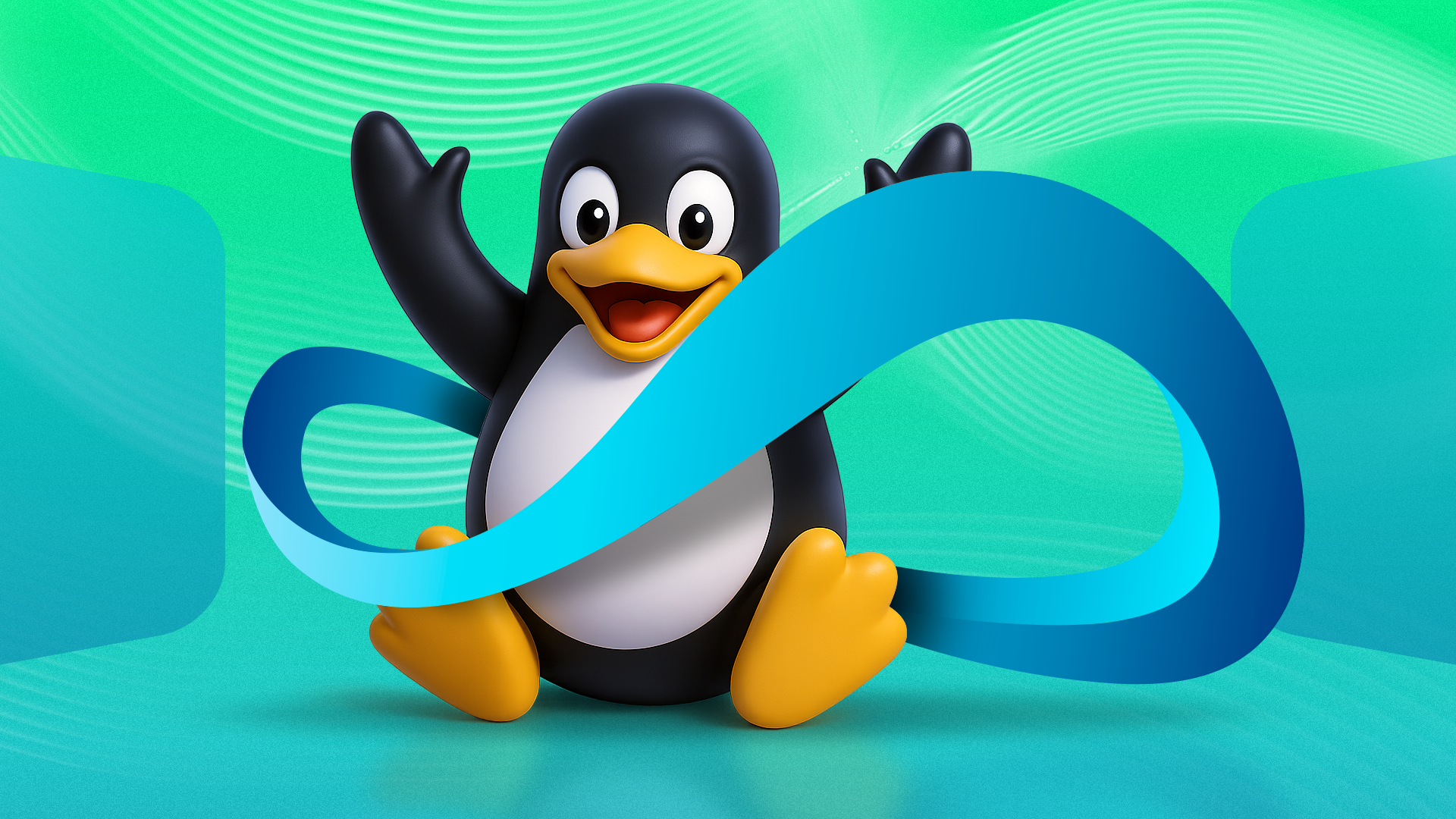Google I/O 2025 will be an AI show

Android is getting its biggest visual update in years, and rather than unveiling it for the first time at its big annual developer conference, Google announced Material Three Expressive at a pre-show event broadcast on YouTube the week before. If a major design language shift for the world’s most popular mobile OS doesn’t qualify as a headliner at I/O, then what does? You guessed it: AI.
We expect Google to talk all about Gemini during I/O, which kicks off on Tuesday, and how it’s improving it and bringing it to products in areas that consumers will see even more.
If you’ve paid attention to the past couple of I/O keynotes, this won’t be a surprise. Android was barely mentioned in 2023, and CEO Sundar Pichai said AI so many times that we lost count. Last year’s keynote was more of the same, except that Pichai saved us some trouble and counted mentions of AI for us. All of this reflects the very obvious, inescapable shift that Google and every other tech company have made recently to pump out AI features at a breakneck pace.
But in a way, less news about the newest Android OS at I/O is actually a good thing.
Google has made a big effort in recent years to bring new features to more phones — even if they aren’t running the latest OS. Companies like Samsung and Motorola roll out new OS versions on their own schedules, so adding new features through Google Play and app updates means they’ll reach people faster. One key criticism of Android in previous years was slow feature rollouts that often entirely failed to reach many users. Google also adopted a new schedule this year for Android 16, moving to a major release in Q2 and a minor release in Q4, which should help more devices take advantage of new features.
If this year’s I/O really is an AI show, then there’s a risk it’s going to feel like one we’ve seen before.
The past two years of software and hardware from seemingly every consumer tech company have been nonstop AI pep rallies. We’ve seen a lot of previews of features that are supposedly just around the corner. Then, when it’s time to actually ship them… well, ask Apple how that’s going.
To Google’s credit, it has certainly shipped lots of AI features. The company has a lot of surfaces for it, too — from the XR platform we’re expecting to hear more about (that’s the glasses it has teased several times), to Chrome, Gmail, and Meet. There’s a lot of ground to cover.
I get the feeling, though, that we’re reaching a tipping point, one where promises of all the time and effort that AI will save us are wearing a little thin. But if nothing else, I appreciate that Google went out of its way to give Android time to shine before the big show — rather than relegating it to a handful of mentions between AI feature updates.











